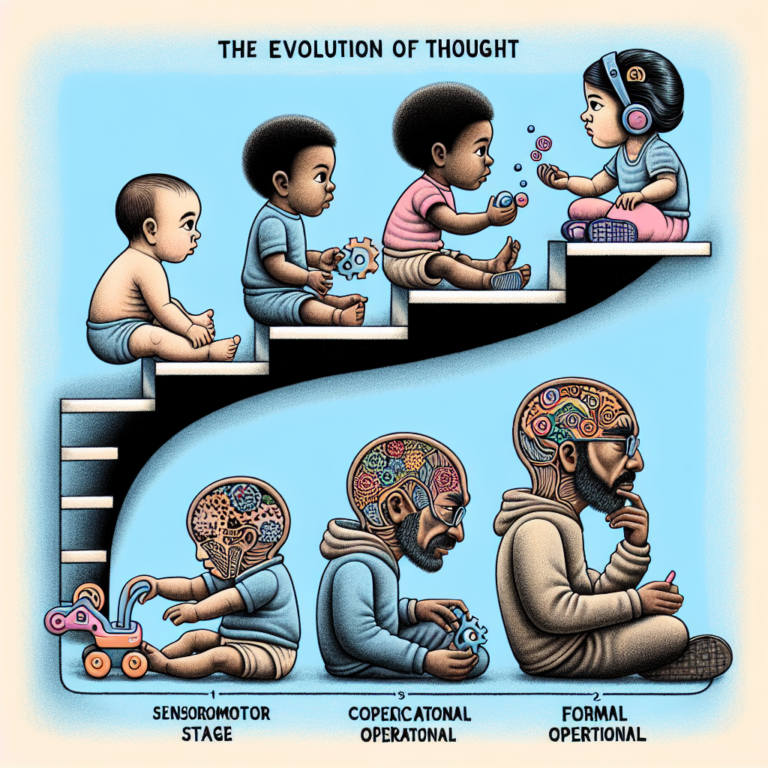
Introduction
Imagine your heart racing, palms sweating, and mind blanking as you look at the first question on a test. You’re not alone; millions of students grapple with test anxiety each year, which hinders their performance and affects their self-esteem. Conquering test anxiety is not just a dream—it’s a reachable goal. Understanding the root cause of test anxiety and implementing effective strategies can transform your exam experience from dread to success. In this article, we’ll explore proven techniques that empower students by addressing test anxiety head-on.
Understanding Test Anxiety
What Is Test Anxiety?
Test anxiety is a psychological condition characterized by excessive worry and apprehension regarding exams. Symptoms can range from physical manifestations like nausea and sweating to cognitive challenges such as difficulty concentrating and recall.
Why It Matters
Recognizing and addressing test anxiety is crucial; it can impact academic performance and overall well-being. According to a study by the American College Health Association, nearly 30% of college students reported feeling overwhelming anxiety during exams.
The Science Behind Test Anxiety
Psychological Factors
Cognitive distortions often fuel test anxiety. Students may fear judgment from peers or instructors, or worry about the consequences of failing. These thoughts can spiral, causing a feedback loop that exacerbates anxiety.
Biological Response
When stressed, the body releases cortisol, which can impair cognitive functions like memory recall. Understanding this biological aspect is key to conquering test anxiety; awareness of your body’s reaction allows for effective coping strategies.
Proven Strategies to Conquer Test Anxiety
Preparation: Your First Line of Defense
Study Smart, Not Hard
- Use active recall techniques and spaced repetition.
- Consider utilizing flashcards and mnemonic devices.
- Mock Tests
- Simulate exam conditions by taking practice tests.
- Analyze results to identify strengths and weaknesses.
Mindfulness and Relaxation Techniques
Deep Breathing Exercises
- Practice inhaling deeply for four counts, holding for four, and exhaling for four. This technique lowers heart rate and promotes calm.
- Visualization
- Envision a peaceful place or visualize success on the test. This can create a positive mental frame.
Positive Self-Talk
The words we use with ourselves matter. Replace negative affirmations like "I’ll fail" with positive ones such as "I am prepared." This shift can significantly reduce anxiety levels.
Seeking Support
Peer Study Groups
- Studying with others can provide moral support and varied perspectives on the material.
- Professional Help
- Don’t hesitate to consult counselors or therapists specializing in academic-related stress.
Real-World Applications: Case Studies
Case Study 1: Emma’s Transformation
Emma, a high school senior, faced debilitating test anxiety. With support from her school counselor, she implemented a study schedule combining active recall and mindfulness techniques. As a result, her grades improved significantly, and she reported feeling more confident during tests.
Analysis: Emma’s journey highlights the importance of structured preparation and psychological support, serving as a model for others facing similar challenges.
Case Study 2: Jordan’s Relaxation Techniques
Jordan, a college freshman, struggled with chronic test anxiety that led to panic attacks. He started incorporating deep breathing and visualization exercises into his routine before exams. Over time, his test performance improved, and he learned to handle stress more effectively.
Analysis: Jordan’s experience underscores the value of relaxation techniques in cultivating a positive test-taking mindset, reinforcing the strategy’s effectiveness.
Strategies for the Day of the Test
Time Management
Arrive Early
- Arriving at the venue with time to spare allows for a moment of adjustment and mental preparation.
- Break It Down
- Tackle one question at a time. Don’t allow yourself to dwell on difficult problems; move on and come back later if necessary.
During the Exam
Stay Focused
- Keep a clear mind by practicing mindfulness techniques during the test.
- Take Breaks
- If permitted, take a few seconds to close your eyes and breathe deeply when overwhelmed.
Conclusion
Conquering test anxiety is an achievable goal that can significantly improve academic performance and overall confidence. By understanding the roots of anxiety, implementing effective strategies, and seeking support, students can transform their approach to tests. Remember, preparation and a positive mindset are your best allies in facing exams.
FAQs
What is the best way to prepare for a test?
The best way is to create a study schedule that incorporates active studying techniques, such as spaced repetition and practice tests.
How can mindfulness help reduce test anxiety?
Mindfulness teaches you to focus on the present, which can reduce negative thoughts and feelings associated with anxiety.
Should I seek help for my test anxiety?
Absolutely. There’s no shame in seeking support from school counselors or mental health professionals.
What can I do if I start feeling anxious during a test?
Practice deep breathing or focus on the question at hand, allowing yourself to momentarily step away from anxiety.
Is test anxiety common among students?
Yes, it’s incredibly common, affecting a significant number of students across various educational levels.
With these insights and strategies on conquering test anxiety, you are well-equipped to tackle your next exam with confidence. Your academic journey is just beginning, and with the right tools, success is within your reach.

















